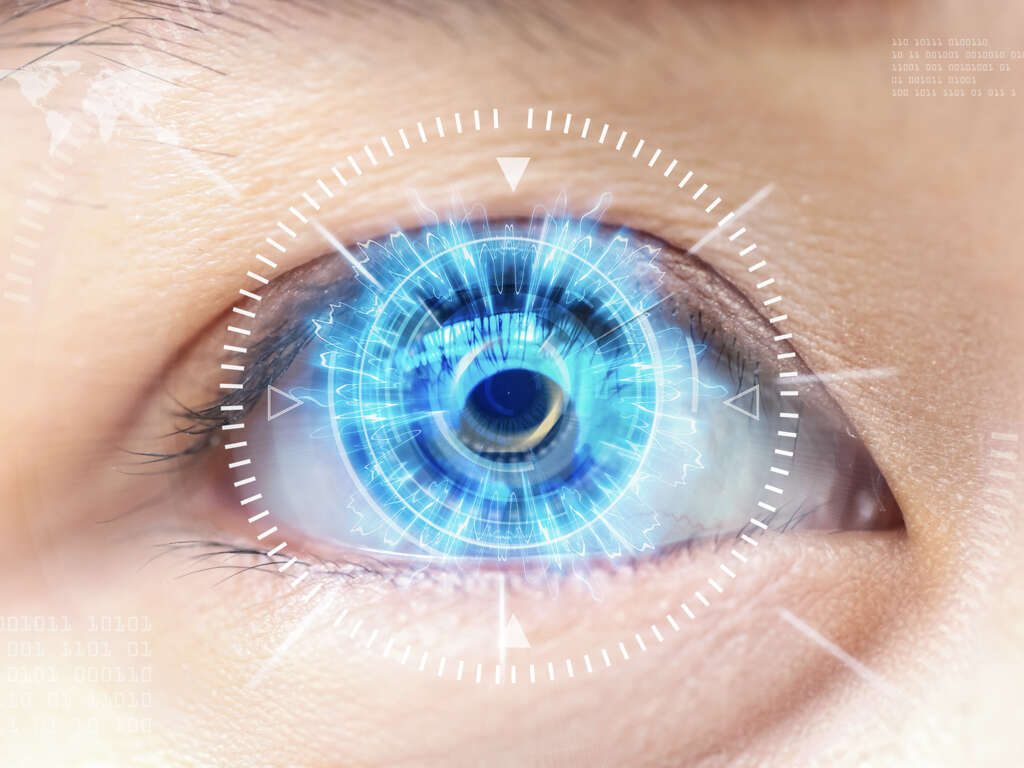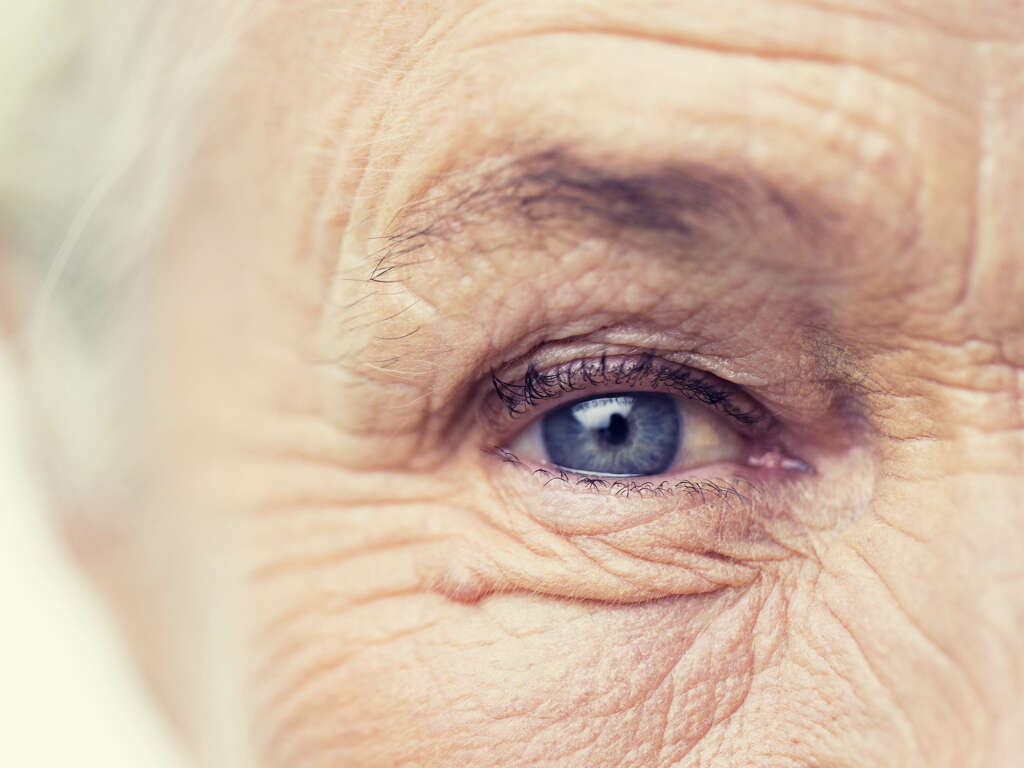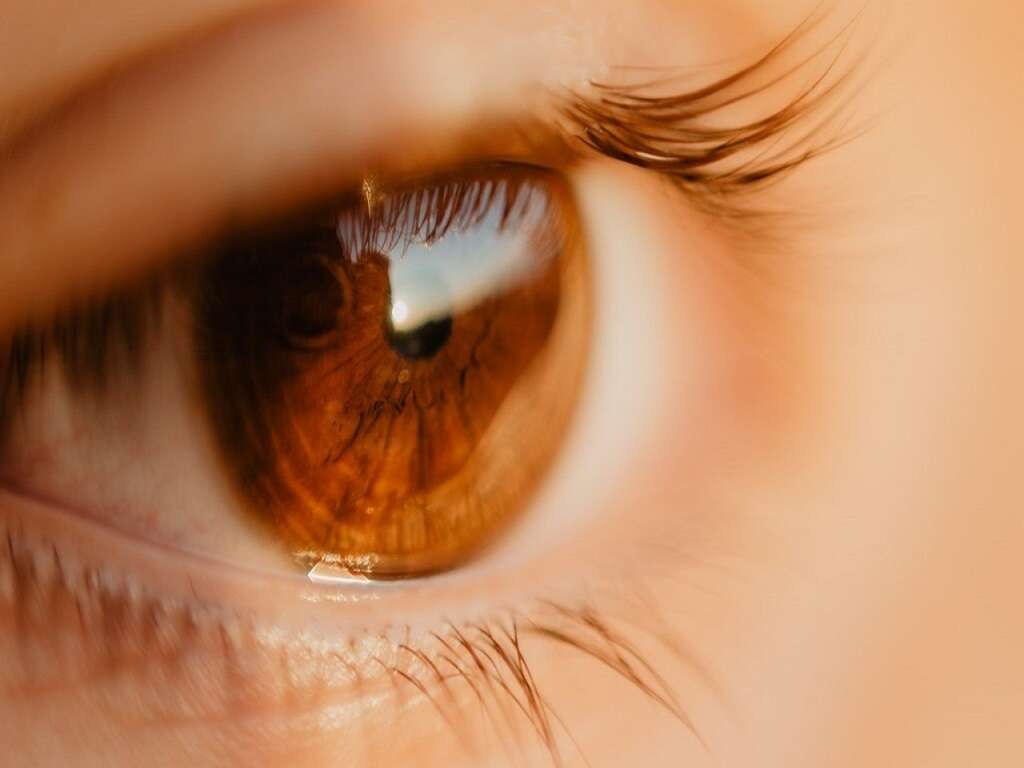10 Causes of Glaucoma
Light enters into our eyes and is focused onto the retina at the back of the eye. The optic nerve will then send information about this light to the brain, which will then create a picture of the world around it. This is what helps us to know and understand what is all around us, but the eyes are prone to developing faults.
Inside the eye is a gelatinous liquid that allows light to pass through freely. In some people, this liquid can build up in the eye, increasing the pressure. This pressure can cause damage to the delicate optical nerve in a condition known as glaucoma.
There are various factors that can cause glaucoma, and it can lead to permanent loss of sight. This article looks at 10 of these causes.
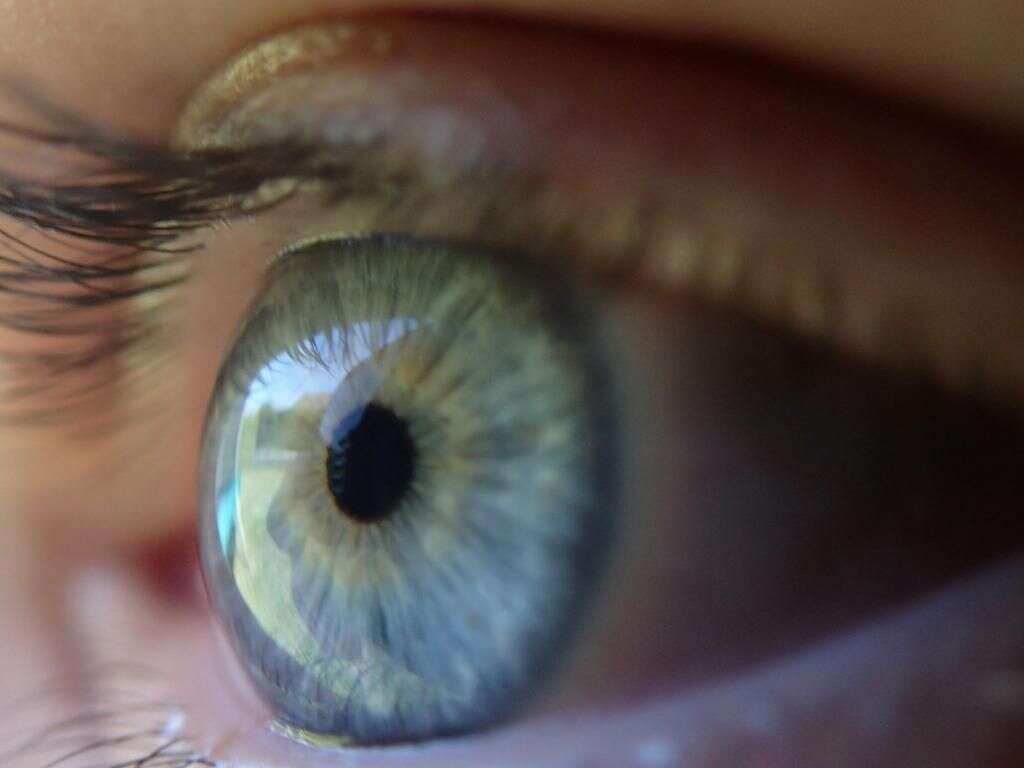
Cause Of Glaucoma #1: Injury
The optic nerve is generally well protected from physical injury. Our skull provides a cage that protects it, but that does not make the optic nerve completely safe from injury. If it does get injured then this can result in glaucoma.
Such injuries are often caused by head traumas that occur near the eyes. Even if such a trauma has not occurred recently, past traumas can lead to glaucoma at some point in the future. If glaucoma does occur at the time of the injury then it is known as traumatic glaucoma. This can often be treated but the patient may still experience eye problems at some point in the future.

Cause Of Glaucoma #2: Thin Cornea
The cornea is the transparent part of the front of the eye. It is concave in shape and this helps it to refract light that, in turn, helps us to focus on objects at varying distances. It is an essential part of the eye and helps to provide us with the ability to see what is around us.
When having our eyes checked, an optician will usually check for the pressure within the eyeball. People with a thin cornea, however, are likely to give results showing a lower pressure than is genuine. This means that a high pressure will often go unnoticed, and this can mean that glaucoma can be allowed to develop.
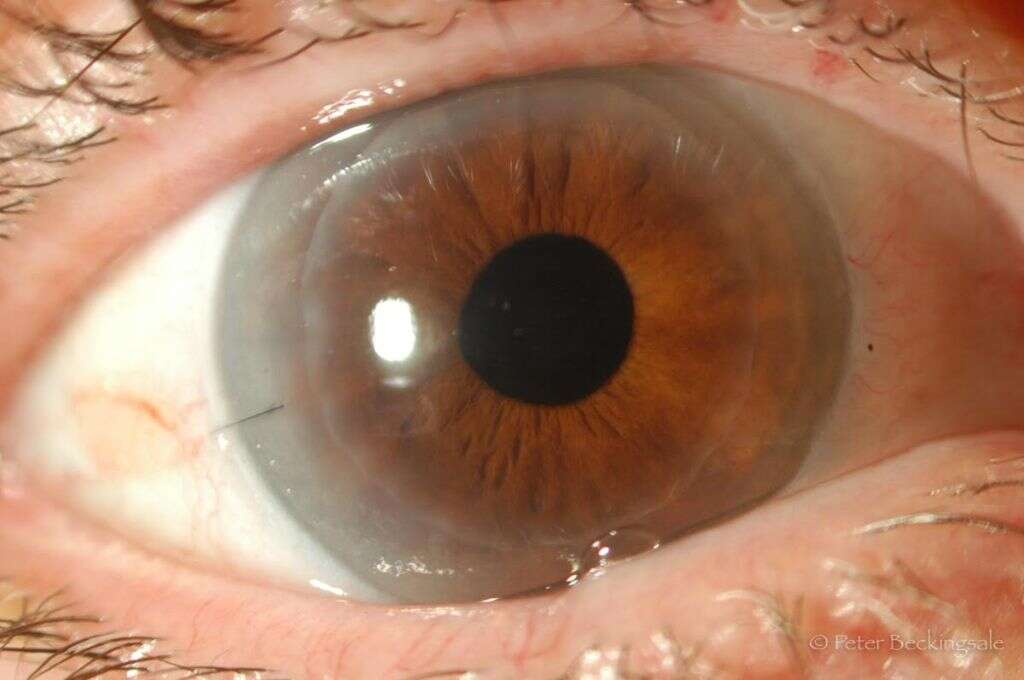
Cause Of Glaucoma #3: Blocked Trabecular Meshwork
The fluid in the eyes is usually able to pass through the trabecular meshwork, which is tissue that is found near the base of the cornea. That the fluid can pass through these tissues helps to prevent the buildup of fluid that causes high fluid pressure in the eye. If this passageway was to become blocked, then pressure can begin to build.
This buildup of pressure is then likely to lead to glaucoma and the patient may not realize that there is a problem until they start suffering from problems with their vision. Problems with vision can be caused by a wide number of factors and it is something you should get checked out.
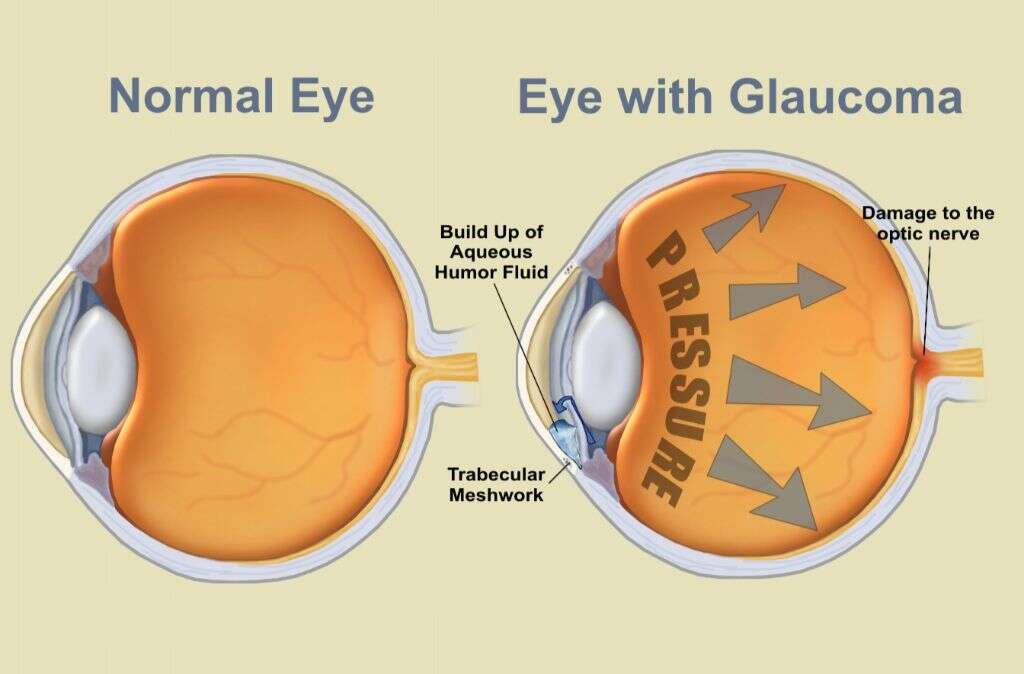
Cause Of Glaucoma #4: Surgery
It is common for people to find that their eyesight begins to fail as they get older. This is usually fixed quite easily with spectacles or contact lenses, but surgery is sometimes necessary. Eye surgery is usually straightforward and complications are not common. Things don’t always go according to plan, however.
Surgery can lead to scars and can also affect the balance of the fluids in the eye, leading to glaucoma. Glaucoma that has developed in this way is known as secondary glaucoma. It is usually not possible to treat the condition, but thankfully it is only very rarely that it happens.
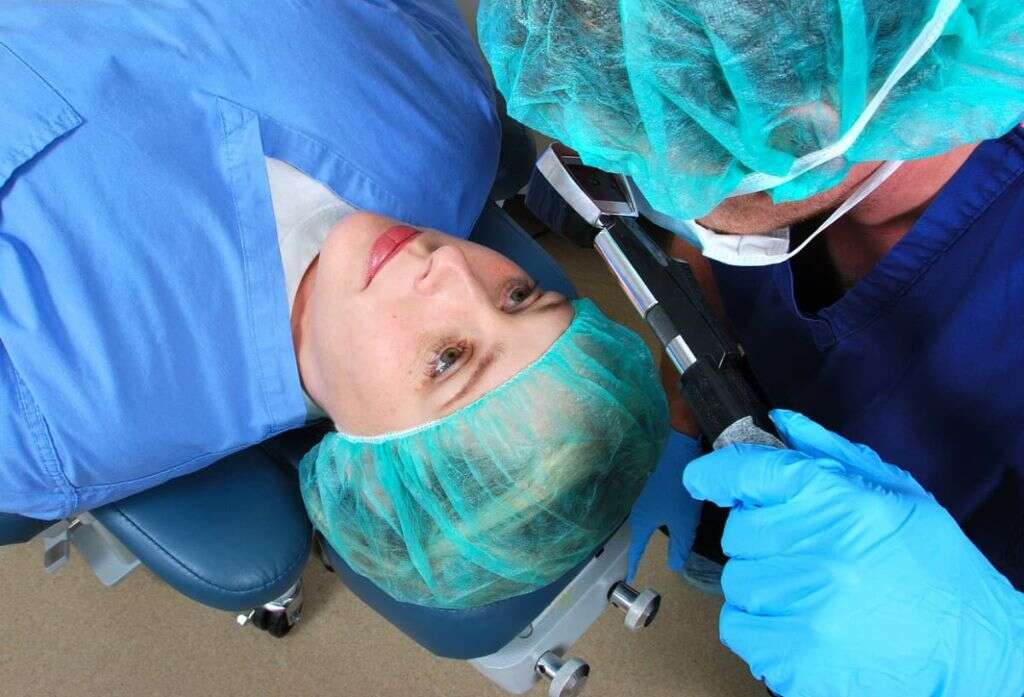
Cause Of Glaucoma #5: Genetics
Our parents pass on their genetic information to us when they make us. This includes information such as how tall we are and the color of our hair, while it also gives our body information that helps protect us against disease. Unfortunately, parents will also sometimes pass on information that makes us more susceptible to disease.
Glaucoma is often down to genetic dispositions. In plain language, a lot of people have glaucoma simply because they were born that way. If one or both of your parents have glaucoma then there is a good chance that you will develop it as well. You should give this information to your optometrist so they can take it into account during check-ups.
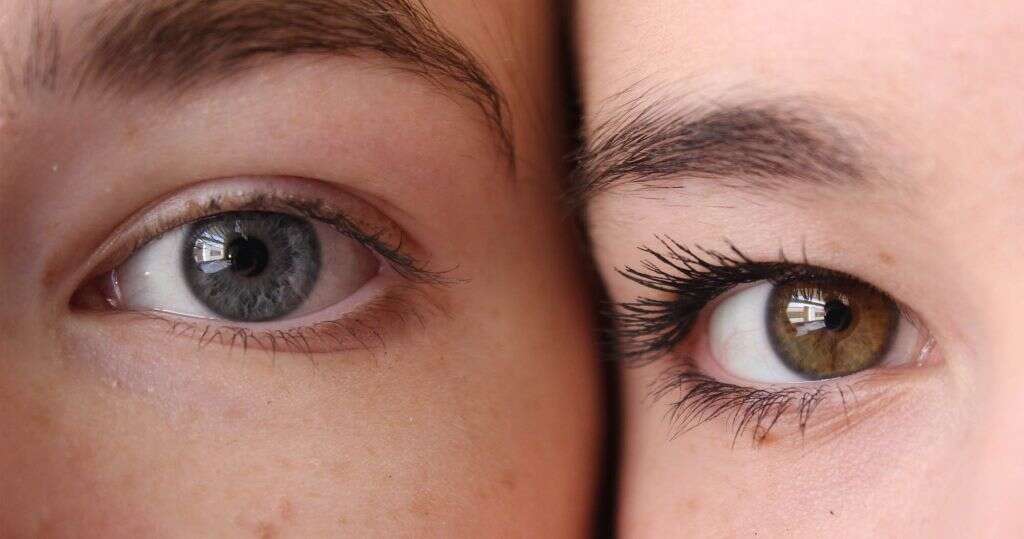
Cause Of Glaucoma #6: Nearsightedness
Many people are fortunate enough to be able to focus on objects close up and far away. Many others, however, will find that they have difficulty with one, the other, or even both. A lot of people are nearsighted, which means that they are unable to focus clearly on objects that are far away.
In addition to difficulty seeing distant objects, nearsightedness can also lead to other problems. One such problem is that people with the condition are also more likely to develop glaucoma. It is not clear why there is a correlation between the two, although there is a good chance that it is something to do with the shape of the eye.
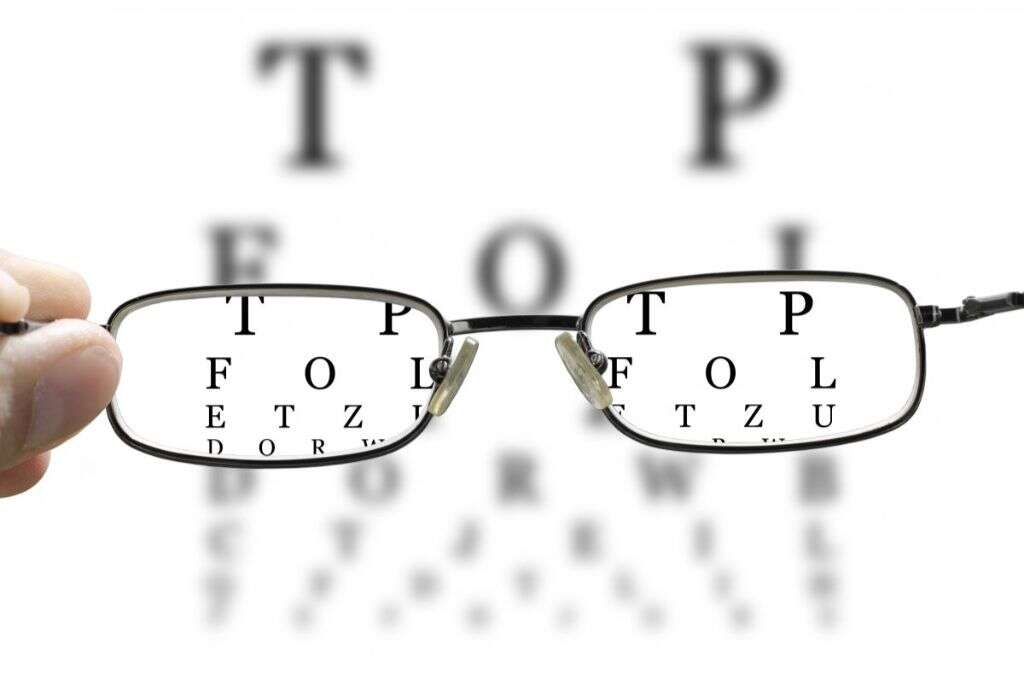
Cause Of Glaucoma #7: Retinal Vein Occlusion
Pretty much all of our body parts need a constant supply of blood, and the eye is no exception. The retinal vein has the job of carrying blood away from the eye, but this vein can sometimes become blocked. This blocking of the vein can lead to a buildup of the pressure of the fluids in the eye.
Patients with this condition are likely to experience blurred vision and vision loss. It is a condition that is typically painless, so patients might be reluctant to get it checked out. It can lead to glaucoma, though, and this can mean permanent loss of vision, so it is wise to get such symptoms checked out as soon as possible.
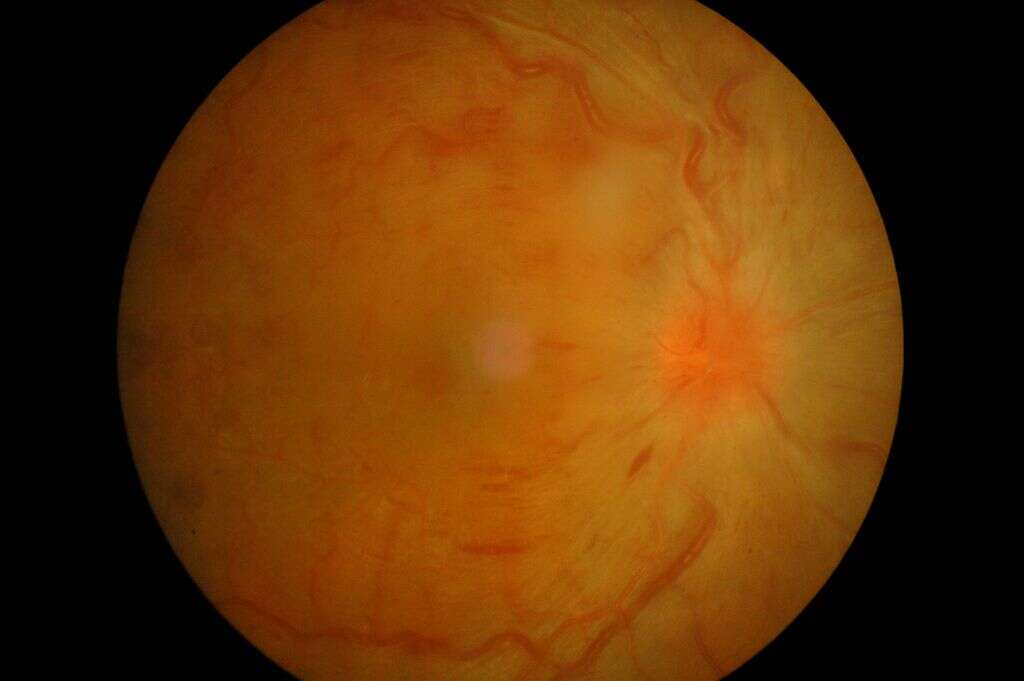
Cause Of Glaucoma #8: Age
As we get older, the cells in our body gradually pick up damage as they go, and this damage is passed on to the other cells that replace them. The damage is very small, but it gradually builds over the years and develops into something more significant. This process contributes to aging.
As such, things tend to not work as well as they used to as we age, including the eyes. As such, glaucoma is increasingly likely to develop as people get older. It is recommended that people over the age of 40 get their eyes tested at least once a year to help spot signs of glaucoma and other conditions as early as possible.
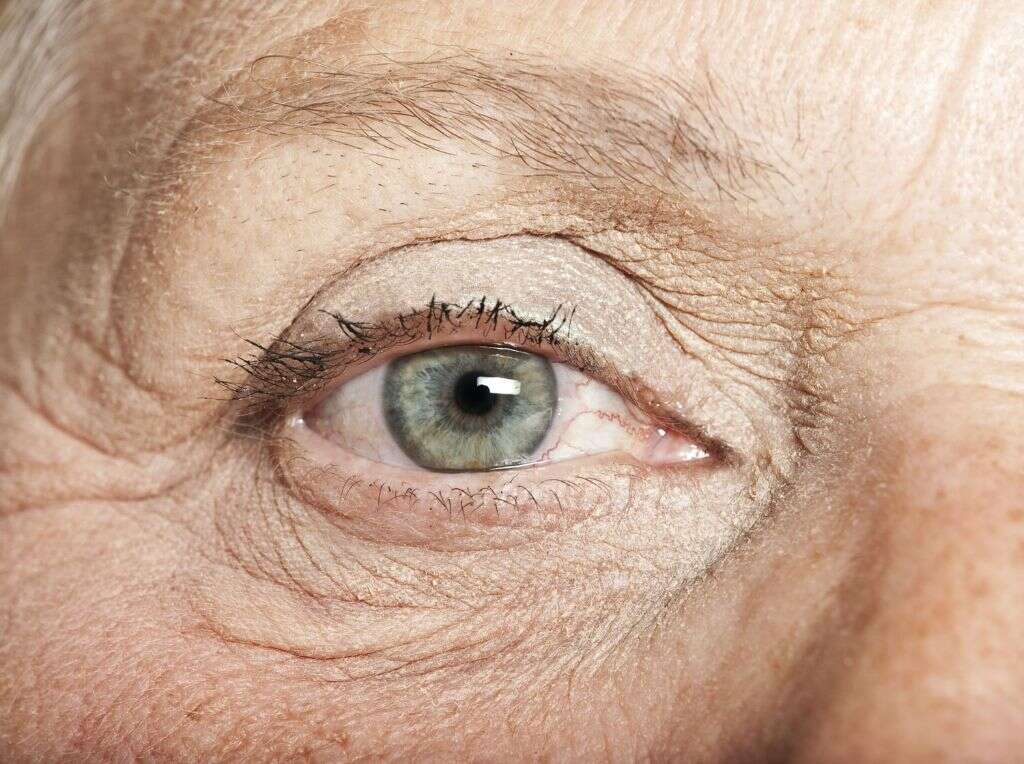
Cause Of Glaucoma #9: Infection
Our immune systems have to be alert all of the time as it is so easy for us to get an infection. Most intruders are dealt with swiftly, but the immune system is not perfect and infections can sometimes take hold. They can infect pretty much any part of our body, and this includes our eyes.
Eye infections will usually clear up without any serious damage being done and they are relatively easy to treat with antibiotics. Eye infections can lead to permanent damage, however, and they also increase the risk of glaucoma developing. As such, if you do have an eye infection, it is a good idea to get it checked out as soon as you can.

Cause Of Glaucoma #10: Chemical Injuries
Chemicals are everywhere, even water is a chemical. The vast majority are completely harmless to us whereas many (such as water) are even essential to us. That cannot be said for all chemicals, though, and some are very dangerous to us indeed.
Even around our homes we are likely to find dangerous chemicals. For example, bleach and other cleaning products can be very corrosive and battery acid also needs to be handled with care. You should be especially careful not to get them into your eyes where they can cause irreversible damage, including glaucoma. If you do get chemicals in your eyes, wash your eyes with water immediately and get medical attention.




